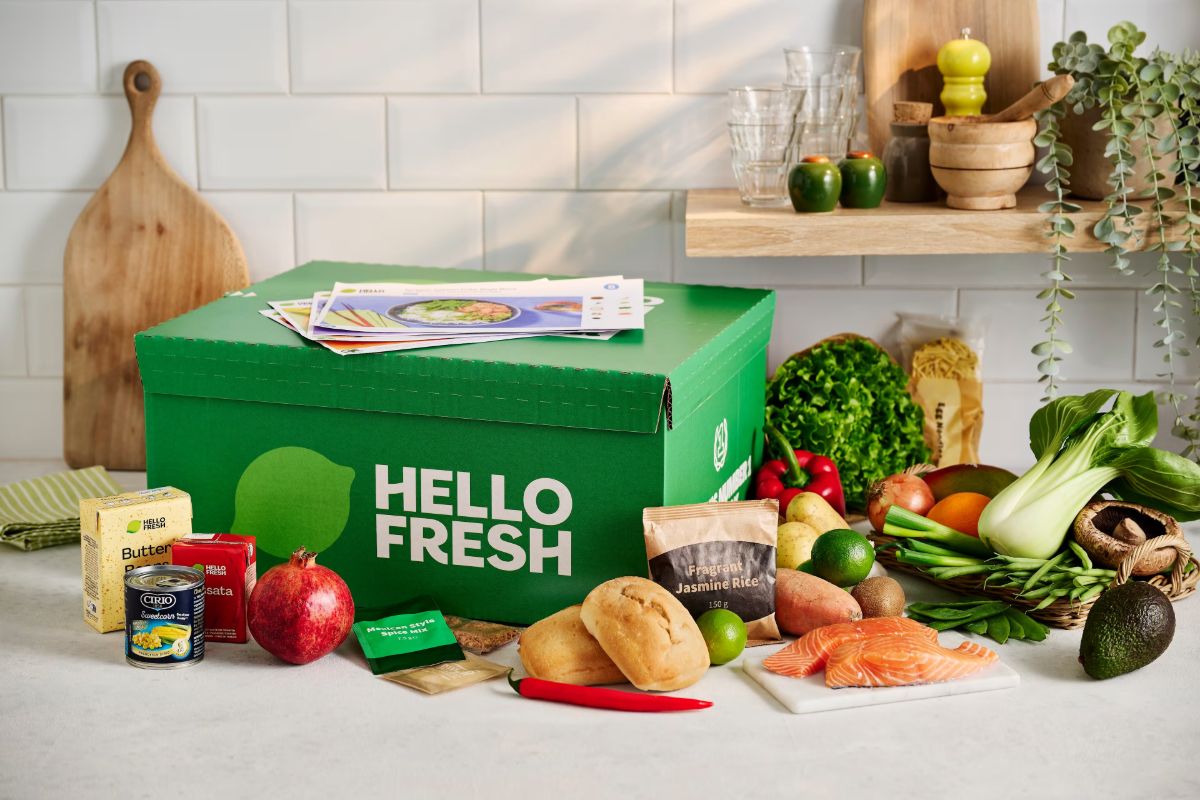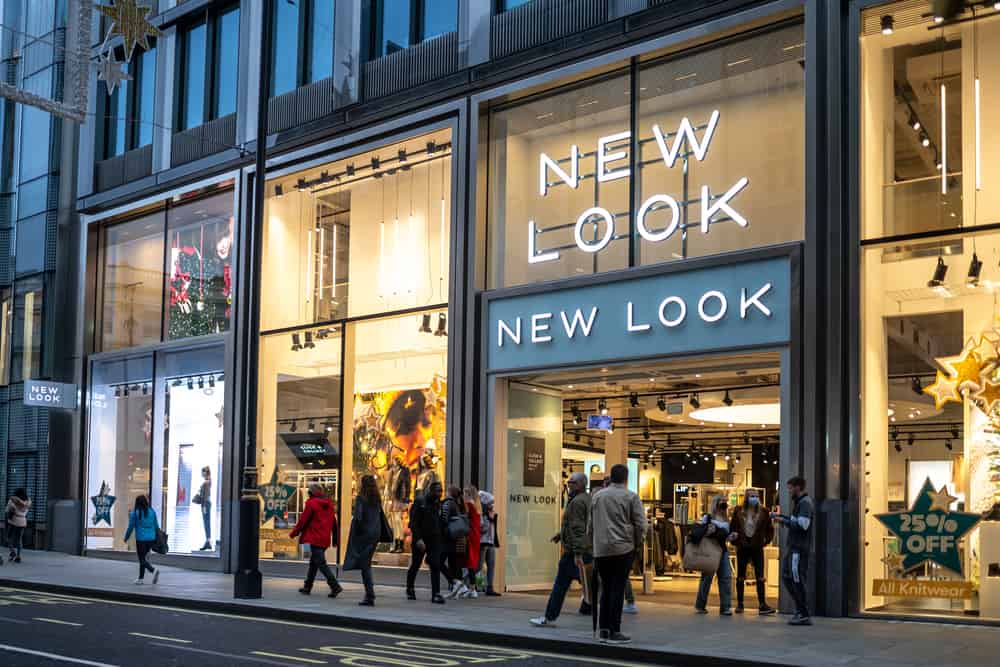Boohoo Group has leased a warehouse previously operated by Arcadia Group that it says will take it to the capacity it needs in order to expand its business to a £4bn annual turnover. The addition of the new site comes at a time when demand for warehousing is rising in the UK as online sales grow quickly.
In its latest financial year, Boohoo Group turned over £427.8m, but recent acquisitions are likely to see that expand. Most recently, it bought the Dorothy Perkins, Wallis and Burton brands from Arcadia Group administrators, and, prior to that, the Debenhams brand, also out of administration. All will be online-only retail brands under Boohoo’s ownership.
Today Boohoo said it had taken on a long-term lease for the former Arcadia warehouse in Daventry, now owned by Prologis, in order to give it more space as it expands. Boohoo says the site, which will operate alongside its existing warehouses in Burnley, Sheffield and Wellingborough, is scalable and will give it operational flexibility as it grows. In coming years Boohoo expects to invest more than £50m in boosting its distribution capacity. The warehousing deal is expected to secure 500 jobs immediately – including those of more than 330 existing Arcadia distribution staff who will transfer to Boohoo – while up to 1,000 more could be created as capacity increases.
Demand for warehouse space goes hand in hand with online growth. Knight Frank has calculated that retailers need 1.36m sq ft of warehouse space for every extra billion pounds of online retail sales. Forecasts suggest that online sales will account for a steady 32% of UK retail sales by 2024. However, some of the space is likely to be found by multichannel retailers that choose to ship from store. For example, Asda has recently taken the decision to close two online distribution centres and move its grocery packing operations into its stores.
Last year, retailers grew their space quickly as shoppers shifted online during the Covid-19 pandemic and related restrictions. AO, for example, took on its third warehouse in Crewe, while searching for more sites in response to that shift, and as it started to deliver both its own direct orders and on behalf of third-party retailers including Aldi and Simba.
Cushman & Wakefield analysis suggested ahead of Christmas that a record amount of space had been taken up nearly 50m sq ft of UK logistics space was taken up in a year marked by Covid-19 lockdowns and Brexit preparations – a record amount of space.
Commenting, Christophe Pecoraro, managing director of PFS Europe, says: “With the pace of ecommerce acceleration showing no sign of abating, the demand for logistics infrastructure will only continue to proliferate. The next stage of growth for online brands will be hinged on identifying alternative distribution and fulfilment infrastructures, and utilising them to ensure consumer demands can be met effectively. By taking influence from models such as the dark store, brands can leverage existing store space to act as micro-distribution centres. Dark stores are typically laid out like traditional stores but are inaccessible to the high street shopper. Instead, in-store pickers use the store to solely fulfil online orders, therefore acting as a small pop-up fulfilment hub.
“Whilst current store closures, with redundant stock, can accommodate this, a longer-term solution requires a hybrid approach. Moving forward, and as the high street reopens to the public, store spaces can offer the best of both worlds. Providing the much-missed in-store experience whilst using stock rooms combined with technology to deliver online goods through an omnichannel approach.”









